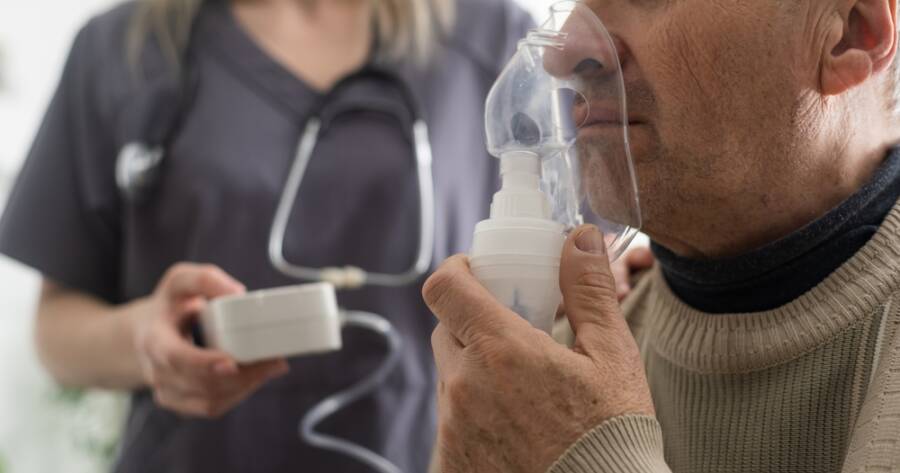Chronic obstructive pulmonary disease (COPD) is a progressive lung condition that affects millions of people worldwide. It causes breathing difficulties, chronic cough, and reduced lung function, significantly impacting a person’s quality of life. Clinical trials play a crucial role in developing new therapies, improving existing treatments, and offering patients early access to innovative options.
What Are COPD Clinical Trials?
COPD clinical trials, offering up to $1,500 in compensation for time and travel, are research studies that evaluate new medications, treatment strategies, and medical devices to help people manage their condition more effectively. These studies test the safety and effectiveness of potential therapies before they become widely available. Clinical trials follow strict guidelines to ensure that participants receive careful monitoring and the highest medical standards during the study.
There are several types of COPD clinical trials, including:
- New medication trials – Testing experimental drugs or improving existing COPD medications.
- Inhaler and drug delivery studies – Evaluating the effectiveness of new inhaler devices and drug administration techniques.
- Oxygen therapy research – Studying the benefits of advanced oxygen delivery methods.
- Lifestyle and rehabilitation trials – Assessing exercise programs, pulmonary rehabilitation, and dietary changes to improve COPD management.
- Gene and cell therapy studies – Exploring innovative approaches to repairing lung tissue and slowing disease progression.
Who Can Participate in COPD Clinical Trials?
Each COPD clinical trial has specific eligibility requirements, which may include:
- A confirmed COPD diagnosis.
- Age restrictions, with some studies focusing on older adults or younger patients with early-stage COPD.
- Disease severity, such as mild, moderate, or severe COPD.
- Current or past smoking history.
- Stable or worsening symptoms despite using current treatments.
Patients interested in participating can search for trials through resources such as ClinicalTrials.gov, the COPD Foundation, or major research hospitals and universities.
Benefits of Participating in a COPD Clinical Trial
Joining a COPD clinical trial can provide several advantages, including:
- Early access to advanced treatments – Participants may receive new medications or therapies before they are available to the public.
- Expert medical supervision – Regular monitoring and evaluations by leading pulmonologists and researchers.
- Improved symptom management – Some experimental treatments may lead to better breathing, reduced flare-ups, and enhanced lung function.
- Lower medical costs – Many trials offer no-fee medications, doctor visits, and diagnostic tests.
- Contributing to medical advancements – Participation helps researchers develop better COPD treatments for future patients.
Potential Risks and Considerations
While clinical trials offer promising benefits, there are potential risks to consider:
- Unknown side effects – New medications may cause unexpected reactions.
- Treatment effectiveness is not guaranteed – The experimental therapy may not work better than existing treatments.
- Time commitment – Some trials require frequent doctor visits and medical tests.
Before enrolling, patients should carefully review the study details, ask questions, and consult their healthcare provider to determine if participation is the right choice.
Exploring Clinical Trials: A Path to Better COPD Treatment and Care
COPD clinical trials are essential in advancing treatment options and improving the lives of those affected by the disease. By participating in these studies, patients not only gain access to innovative therapies but also contribute to the development of better COPD management strategies.
If you or a loved one is living with COPD, exploring clinical trials could be a valuable step in finding new and effective ways to breathe easier and live better.





